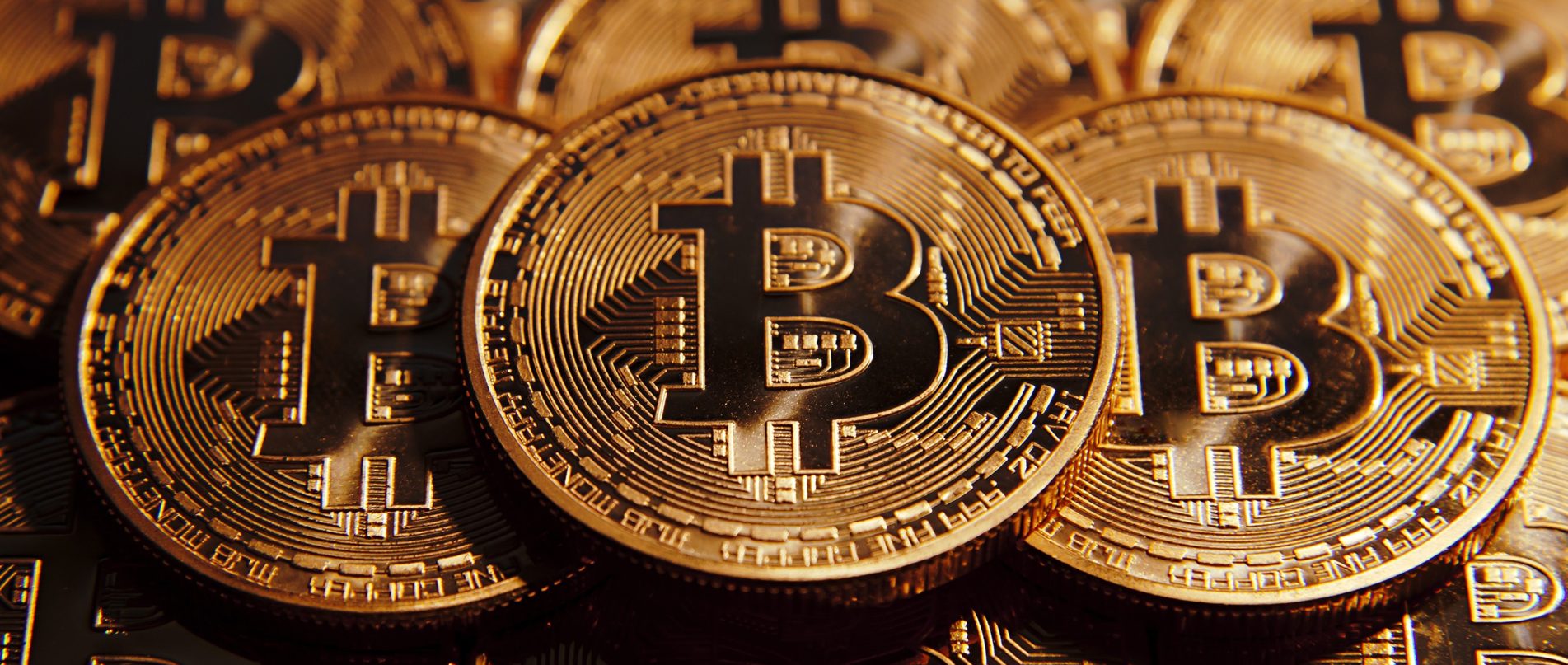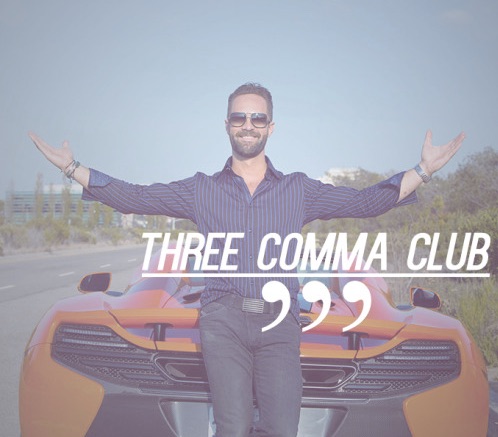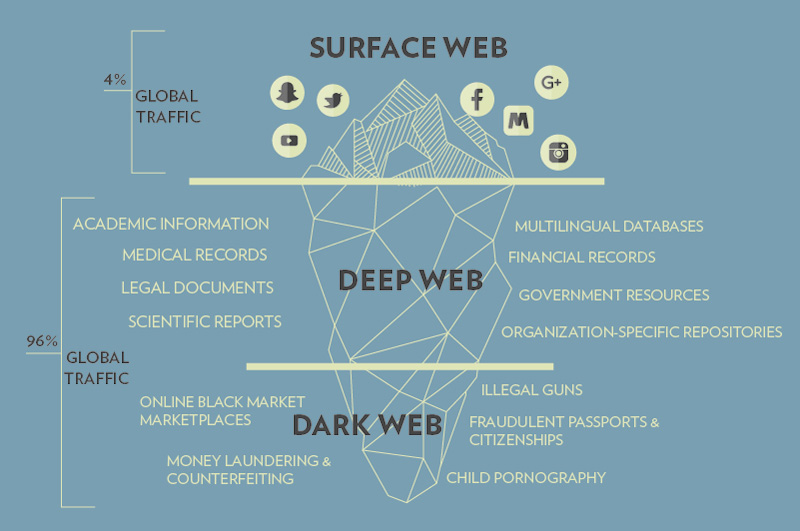
Prompt Images
It’s time for me to come clean with my readers: I am a bit obsessed with Bitcoin. I once even owned a bitcoin. For real.
Now I know what you are thinking. Isn’t Bitcoin some weird digital currency that only the Winklevoss twins and people who want to buy heroin on the internet care about?
Well, not quite. So before you judge me, hear me out. There are many reasons to be fascinated by Bitcoin.
The backstory is just compelling.
Allegedly, Bitcoin was created by a single person, who called himself Satoshi Nakamoto. In 2008, Nakamoto emailed a paper to a bunch of other nerds on a cryptography mailing list—you literally cannot find a nerdier thing than a “cryptography mailing list”—called Bitcoin: A Peer-to-Peer Electronic Cash System. Soon after that he released software to implement the idea of the digital currency outlined in that paper. And Bitcoin was born.
But who is Satoshi Nakamoto, besides some guy with an email account? No one knows. In an October 2011 issue of The New Yorker, reporter Joshua Davis wrote:
…Nakamoto himself was a cipher. Before the début of bitcoin, there was no record of any coder with that name. He used an e-mail address and a Web site that were untraceable. In 2009 and 2010, he wrote hundreds of posts in flawless English, and though he invited other software developers to help him improve the code, and corresponded with them, he never revealed a personal detail. Then, in April, 2011, he sent a note to a developer saying that he had “moved on to other things.” He has not been heard from since.
In the years since Bitcoin’s founding, articles have appeared in Newsweek, Fast Company, and Wired speculating about the true identity of Satoshi Nakamoto. So far, none of these speculations have panned out.
It isn’t even clear that Satoshi is a single person. Many have speculated that Satoshi is a team of people. Why a team? Because the computer scientists who study the Bitcoin protocol and software have a hard time believing a single person came up with it all by themself. It’s too damned clever.
Satoshi is basically like the Zodiac Killer, except instead of murdering a bunch of folks and never getting caught he invented a new kind of currency and never got caught. Though he did make a killing: his million or so bitcoins, currently priced at $1,000 per coin, means Satoshi is a member of the Three Commas Club.

Because there are three commas in a billion. Get it?
Another reason to love bitcoin? Two words: True Crime.
In 2013 the FBI arrested Ross Ulbricht, the proprietor who ran the online marketplace Silk Road. Now, Silk Road wasn’t just any old online shop. It lived on the Dark Web, the underbelly of the internet where even search engines can’t go.

Oh, you’ve never gone anywhere online that Google can’t take you? How quaint.
Ulbricht, who used the pseudonym Dread Pirate Roberts, was a physics major that became obsessed with libertarian economics. And naturally, when taking libertarian economics to its extreme, one is led to create a marketplace for the exchange of narcotics, weapons, and even assassins for hire.
It should go without saying that Silk Road didn’t take Visa or Mastercard. But they did accept bitcoin.
It’s about more than money.
Here’s the thing, bitcoin is fascinating even if you think it is totally going to fail as a currency.
At it’s heart, bitcoin is just a digital ledger of all the bitcoin transactions that have ever occurred. It’s all public. And it’s decentralized—meaning no single person or institution controls the ledger. Everyone who uses bitcoins gets access to this shared digital ledger. And thanks to insanely clever uses of cryptography and computer science it works better than any previous attempts to create a digital currency.
This digital ledger is called the “blockchain.” And blockchain technology is a hot area in tech right now. For bitcoin, using a blockchain allows people to make transactions directly, without the need for a third party (i.e., the bank) to get involved. This reduces transaction fees tacked on by the banks. It also allows people to transact without having to worry about whether or not they trust the bank. I know you trust your bank now, but would you if the stock market suddenly crashed tomorrow?
Abstracting these principles away from currency: the blockchain allows users to transact directly with each other, instead of through a third party who could: a) charge them additional fees and b) screw them over.
It’s also an immutable record. Even if we all used cash, which would mitigate the third party problems, the cash doesn’t come with a “history.” If you are El Chapo, that’s OK and even desirable. But in other cases we may want a full record. Like, say, if we are trying to track payments between russiafakenewsgenerator.com and one of Trump’s charities.
Recently, people have used blockchains to create new kinds of decentralized products, such as ride-sharing apps and crowdfunding platforms. There are even creepy futuristic experiments like Bitnation, which Wiki claims is “the world’s first operational Decentralized Borderless Voluntary Nation, a Blockchain Powered Jurisdiction.” You know, if you are into the whole decentralized borderless voluntary nation thing.
Coming clean.
OK, I wasn’t completely honest with you before. Yes, I sold my first bitcoin several months ago. But in 2017 I dove back in. I didn’t buy a full bitcoin, mind you—because I’m not a thousandaire. I bought a few tenths of a bitcoin.
Why? I’m not totally sure. Why do people buy moon rocks? Nobody ever got rich off of moon rocks. (Did they?) No, you buy moon rocks because it’s the moon and you have a chance to own a piece of it and display it over your fireplace. And so it is with bitcoin. I’m sort of in awe of the technology and I’d like to own a little piece of it for as long as it exists. Or, at least until the price doubles. Whichever comes first.



